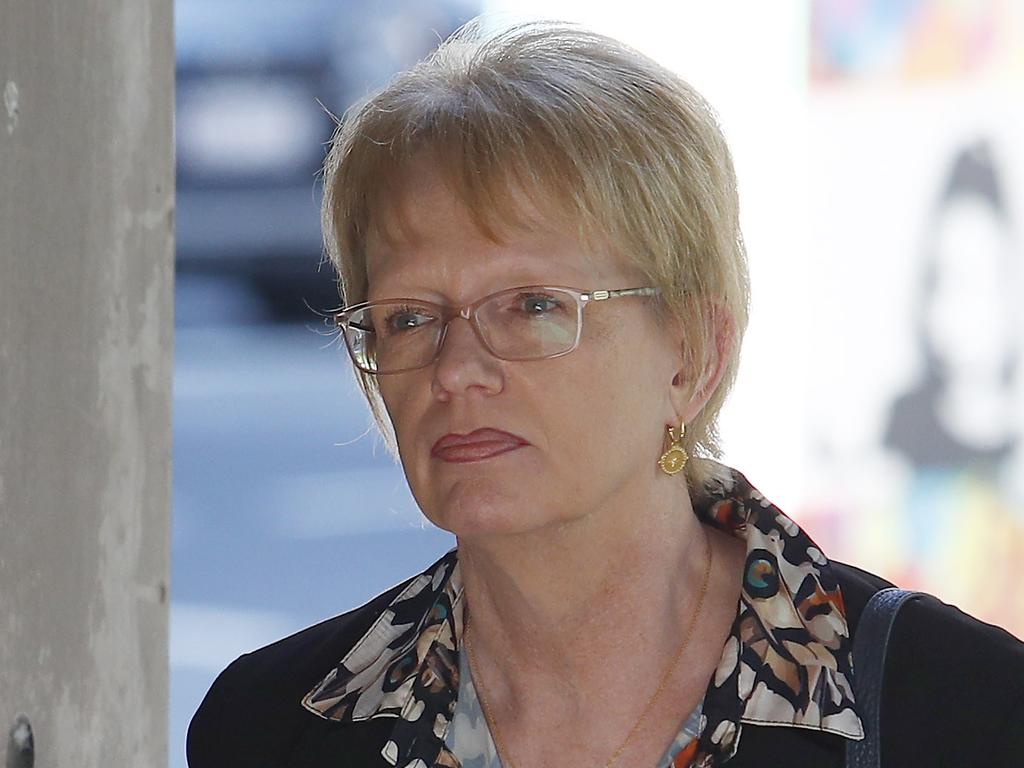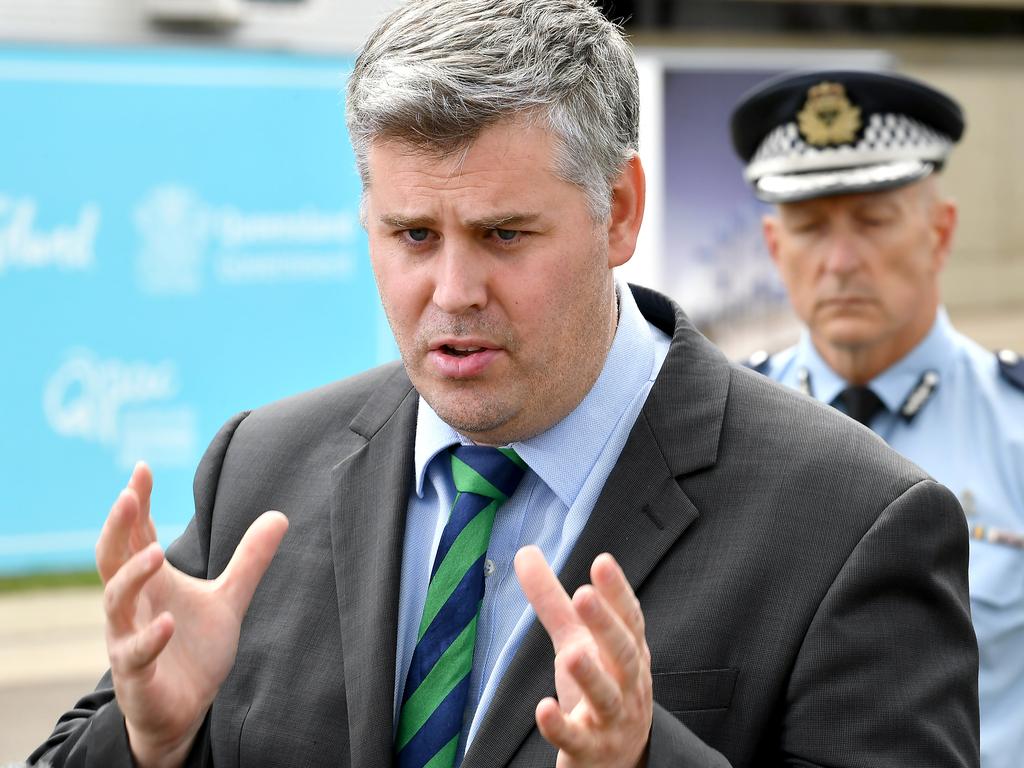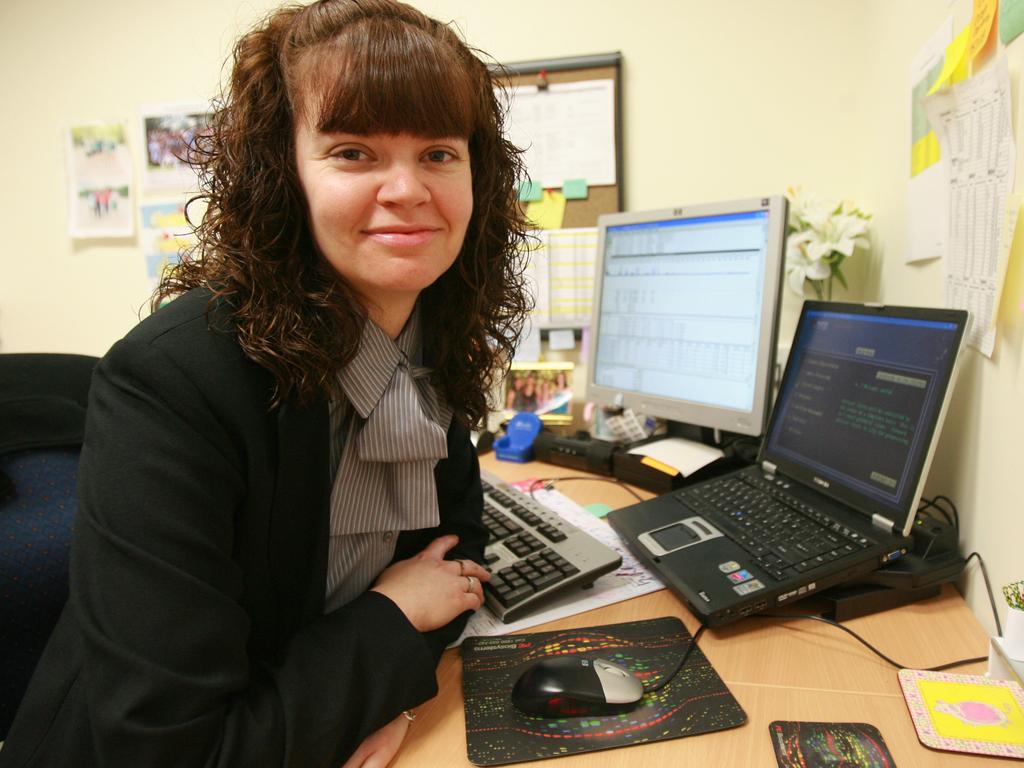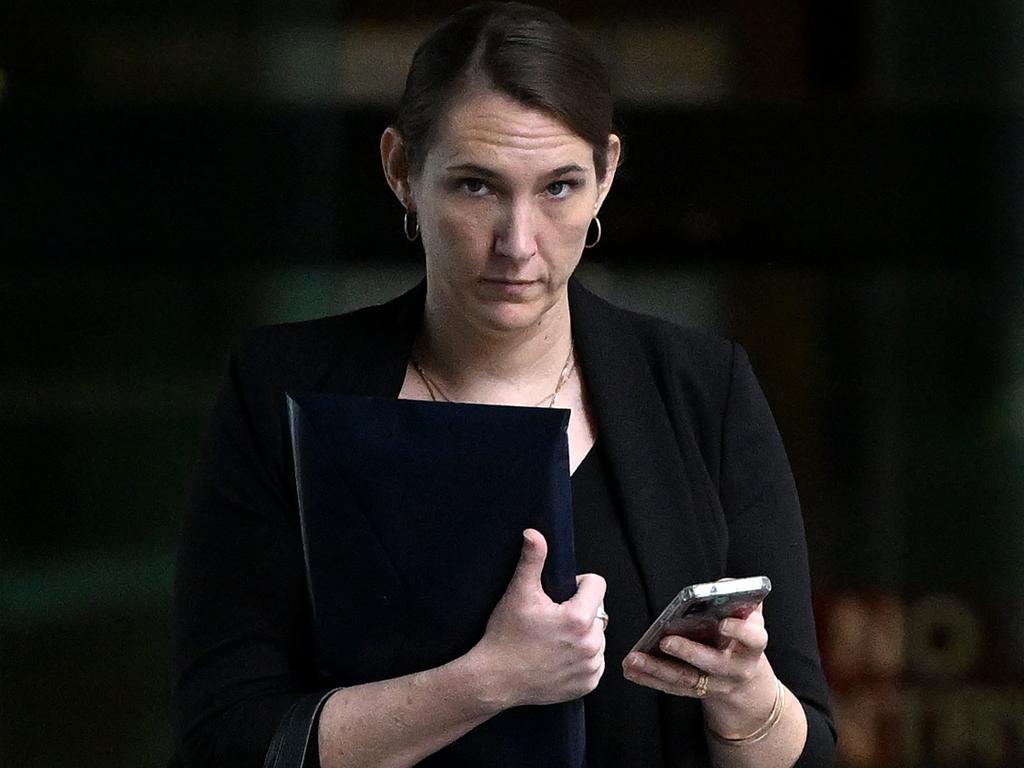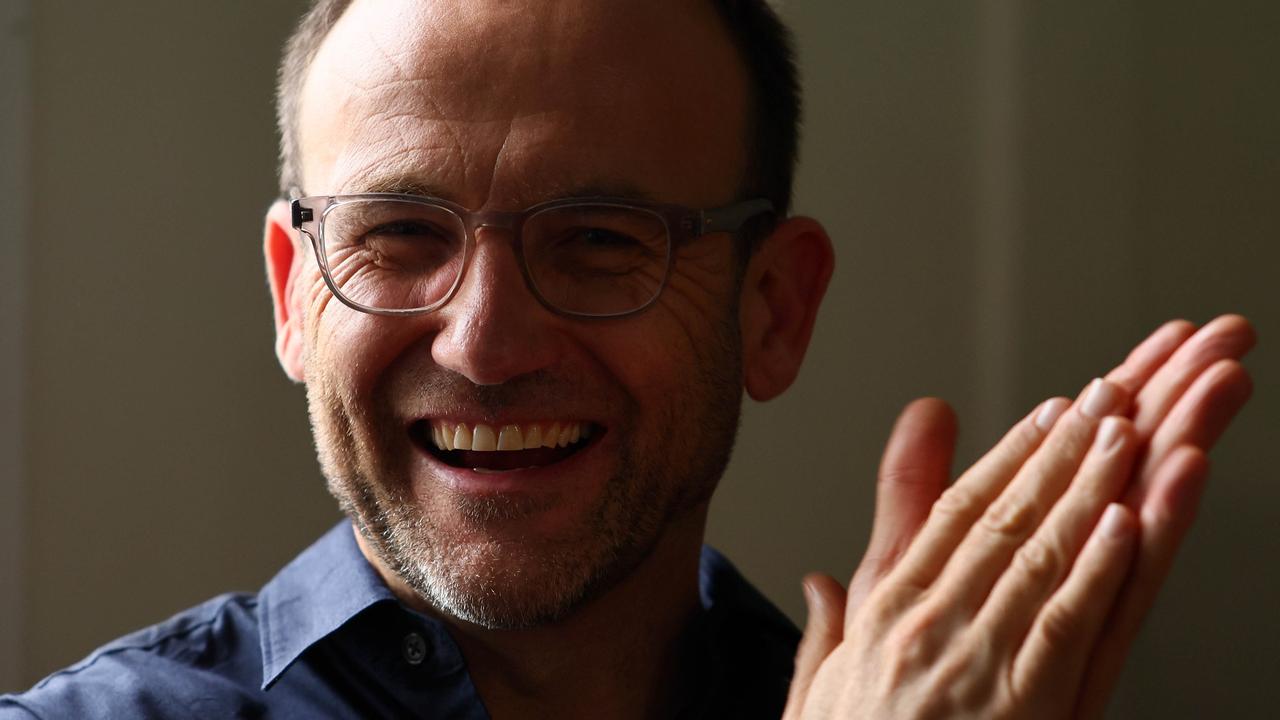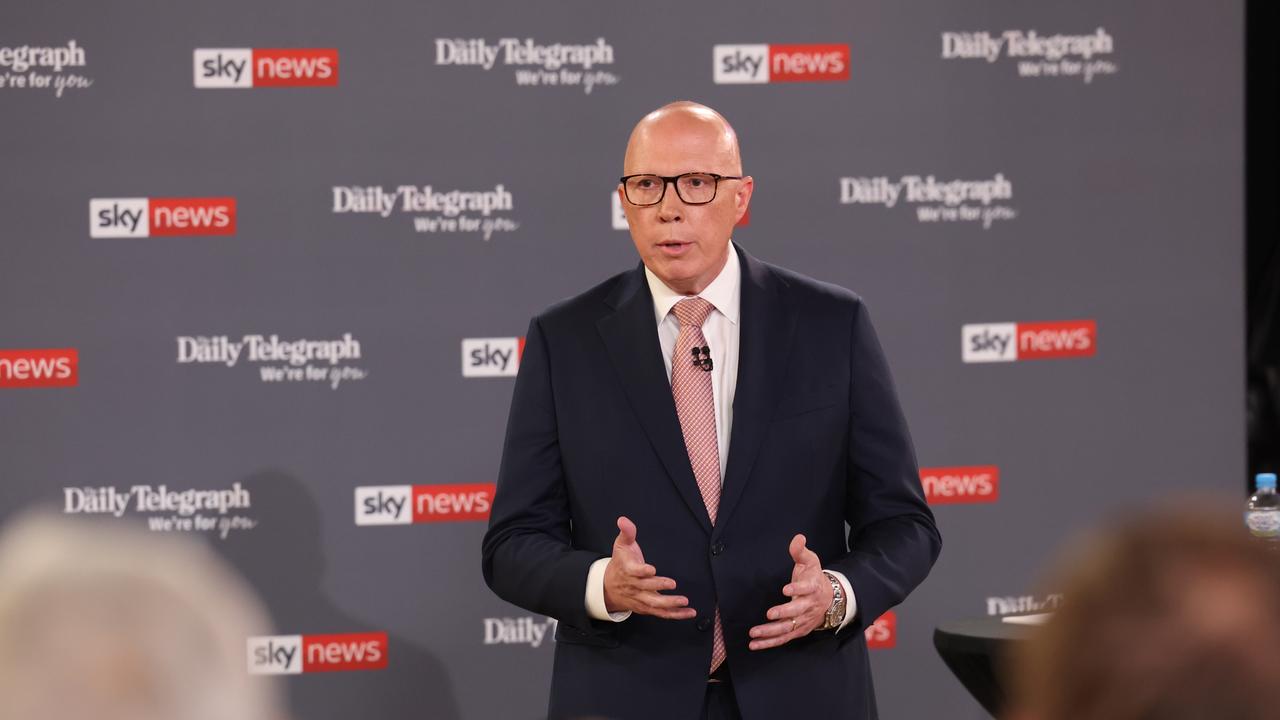DNA boss Justin Howes ‘went behind the backs of opposing scientists’
A stood-aside manager at Queensland’s DNA lab has blamed animosity between scientists for his bypassing of conventional processes before a disastrous testing threshold was introduced.
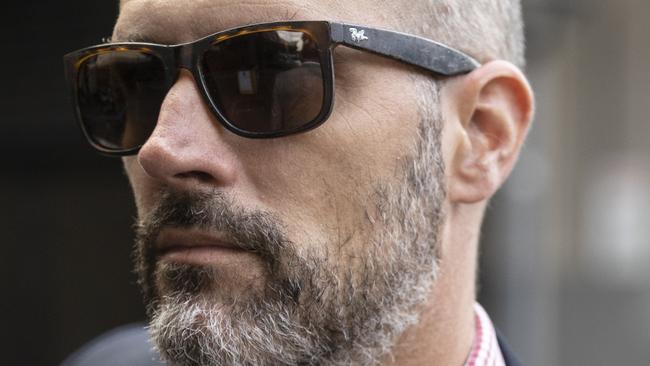
A stood-aside manager at Queensland’s troubled DNA lab has blamed animosity between scientists for his bypassing of conventional processes before a disastrous new testing threshold was introduced.
Team leader Justin Howes faced a grilling at a $6m commission of inquiry into the lab, with counsel assisting, Michael Hodge KC, suggesting he was lying in his sworn evidence.
Mr Howes repeatedly rejected he was being untruthful, and denied deliberately misleading the police hierarchy to get their approval to introduce the testing threshold in February 2018.
The inquiry has been told thousands of samples with low levels of DNA were left untested as a result of the threshold, despite containing potentially vital evidence in crimes including murders and rapes.
The threshold was abolished by the state government when the commission of inquiry was announced in June as a result of The Australian’s podcast Shandee’s Story.
Mr Howes said tensions among scientists influenced his decision-making, agreeing with commissioner Walter Sofronoff KC that the atmosphere in the lab was “very bad”.
He said he had believed colleagues in the lab’s management team who objected to the threshold may have been motivated by personality clashes or hidden agendas rather than science.
The inquiry was told Mr Howes wanted to recommend the new threshold to police but had faced opposition from three senior scientists over the potential impact on criminal investigations.
So he “proceeded behind their backs”, going straight to senior police with an options paper for their approval, Mr Sofronoff said.
Ordinarily, new projects would result in proposals being adopted and signed off by the lab’s management team.
In his highly anticipated evidence, Mr Howes confirmed the options paper he presented to police was highly unusual and had never happened in the laboratory before.
The idea came out of a meeting with managing scientist Cathie Allen and fellow team manager Paula Brisotto, he said.
“I was after some guidance and it was in that meeting that Paula Brisotto had, I guess, the clarity of mind to go ‘Well, let’s just wait a second and what is the purpose of this work? The purpose of this work is to provide options for consideration to Queensland police.’ ”
Mr Howes and Ms Allen were stood down before the public hearings began, after Mr Sofronoff released a damning interim report saying the lab had misled judges, prosecutors, defence lawyers and victims in witness statements that claimed samples had “DNA insufficient for further processing” or “No DNA detected”.
The inquiry has heard evidence that the real reason for the rush to implement the threshold was that new equipment was about to be introduced in the lab that would have blown out testing turnaround times.
When Mr Howes told the inquiry that he thought the haste was because of an impending meeting between police and the health department, Mr Hodge suggested that he was concocting evidence.
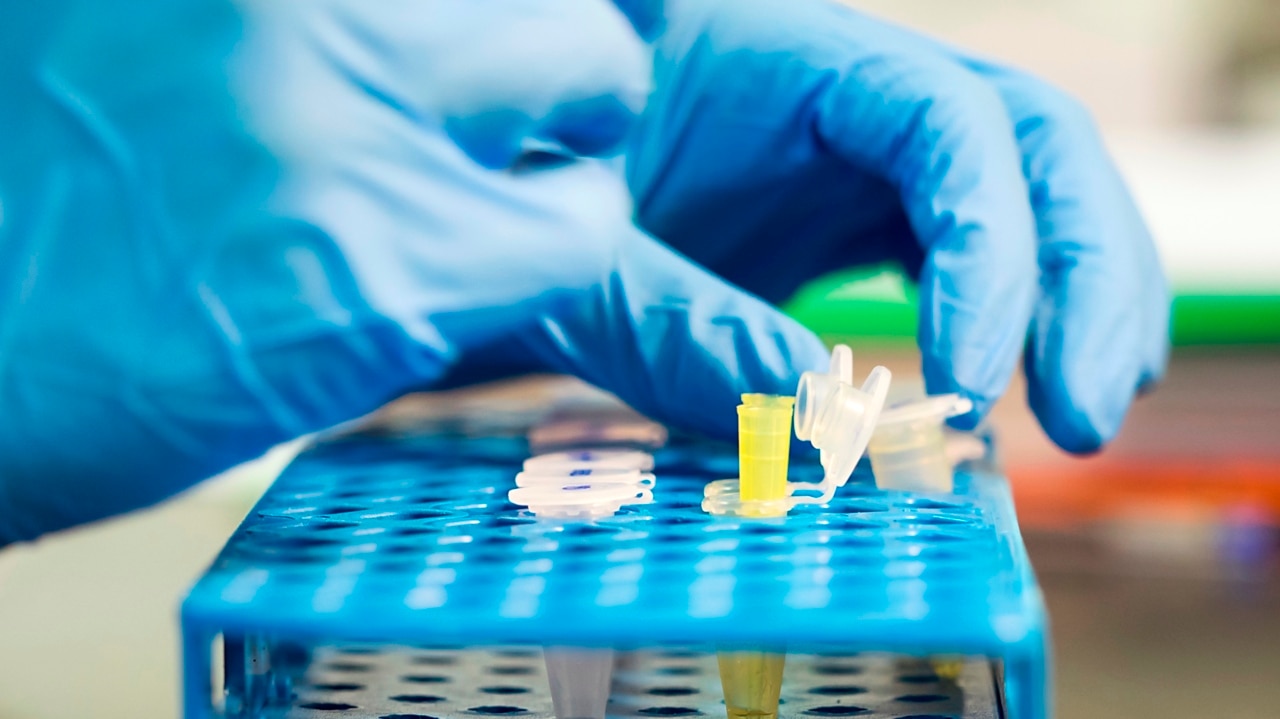
Mr Howes was also questioned at length about whether he deliberately slanted the options paper to get police approval, omitting key facts about downsides and the opposition from other scientists.
The options paper wasn’t shown to the other scientists before being put to police.
Mr Sofronoff put it to Mr Howes that he “had a sense there was a split in the camps in the lab” and that senior scientists Kylie Rika and Amanda Reeves were combative against him and the other lab managers.
“So knowing, believing, that you wouldn’t get them to agree, that they would just obstruct you, it was just best to proceed in a way that would get you to where you wanted to go – which is to achieve the result that you did achieve,” Mr Sofronoff said.
“It was important for that reason that they could never say that the laboratory had put forward as its position that this ought to be done – rather you had to leave it to the police to make a decision so that nobody could complain that this was a process advocated by the lab without the support of the management team.
“So for that reason then, there was sensitivity about whether the options paper should be shown to the staff, including people who you regarded as your opponents.
“And there was sensitivity about ensuring that … nobody could accuse you of representing something to be the view of the lab when it wasn’t. Is that the reason for all this?”
Mr Howes replied: “I think that’s a fair summary.”
Mr Sofronoff has also raised the prospect of stripping DNA testing from the health department, as he warned that budgets were being put ahead of the science of solving serious crimes.
“I’ve seen the word client used a lot in this inquiry,” Mr Sofronoff said when forensic services executive director Lara Keller used the term in her evidence.
“It strikes me as completely inapposite because if you regard police as your client, then you can justifiably and reasonably approach them and say we’re going to cut this work and get their agreement.”
Forensic scientific work did not naturally fit within the health department, he said.
“We’re concerned with a victim, identifying an offender, dealing with somebody accused of a crime, the needs of lawyers, the needs of judges and of juries, and all of the things that impinge upon the criminal justice system, including fairness, sureness and certainty, the integrity of the outcome.
“None of those things has anything to do with the department of health.”


